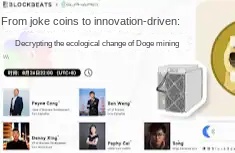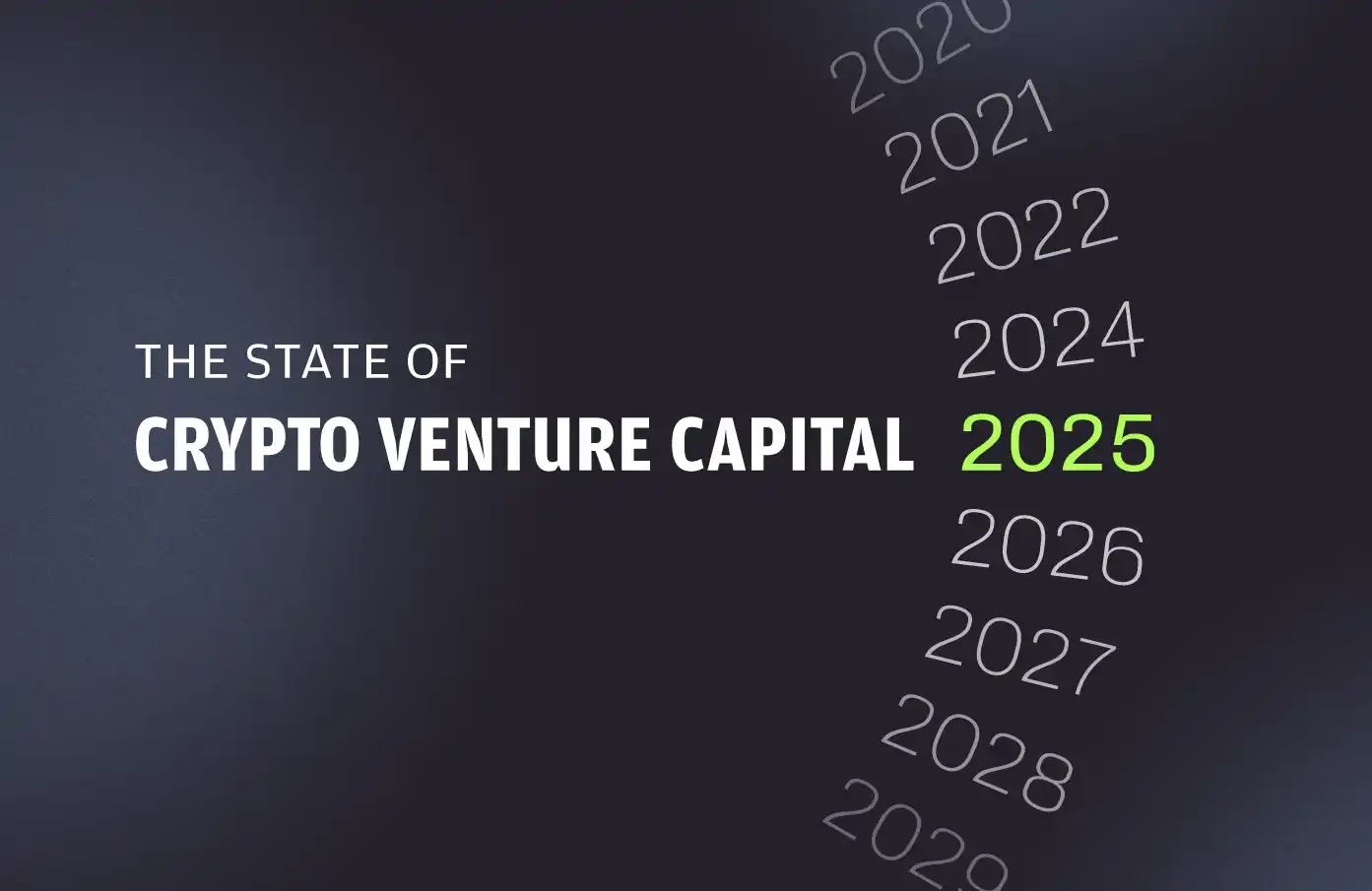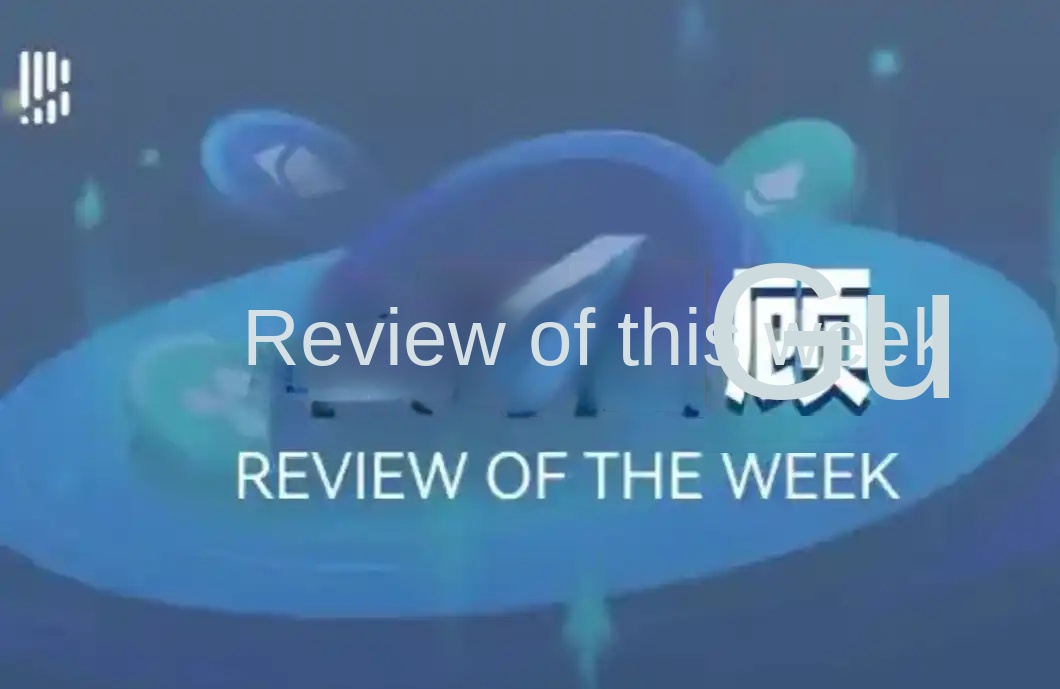Will vibe coding be the next grand narrative after AI Agent?
Since the beginning of this year, "vibe coding" has gradually become one of the hot topics in the AI community. In the crypto world, as Bitcoin continues to show strength, everyone's desire for altseason has been growing stronger. The AI track in the crypto world has gone through two waves of hot trends with AI memes and AI Agents, transitioning from "meme trading" to "framework trading," and the exploration of new AI narratives has never stopped.
Could the concept of "vibe coding" potentially bring a breakthrough narrative to the AI track in the crypto world?
What is Vibe Coding?
This concept was introduced by OpenAI's former co-founder Andrej Karpathy in a tweet on February 3rd of this year:

Andrej Karpathy described "vibe coding" as follows:
I call this new way of programming "vibe coding": fully immersed in the vibe, letting go, and even forgetting that you are coding. This is possible because current large language models (e.g., paired with Sonnet's Cursor Composer) are so powerful beyond imagination.
I almost don't type on the keyboard anymore; instead, I have a direct conversation with Composer using SuperWhisper. I make extremely casual, lazy requests like "halve the padding of the sidebar" because I'm too lazy to figure out where to change it. I'm used to directly "accept all" AI-generated changes, too lazy to even look at the diff. When I encounter an error message, I simply copy and paste it to the AI without writing any comments, and in most cases, it can be fixed.
The amount of code is getting larger and more complex, beyond what I can quickly understand, requiring a lot of time to fully comprehend. Sometimes, when AI can't solve a bug, I simply work around it or randomly change something repeatedly until the issue disappears. For weekend side projects like these, this approach is totally fine and even quite interesting.
It can be said that I am indeed working on a project or web application, but it's no longer like "programming" in the traditional sense: I just see the problem, state the requirement, run the result, copy and paste, and most of the functionality can be up and running.
In essence, "vibe coding" is a development approach that minimizes the programming skills required to create an application. The programming language you use is the language you use in your daily communication. Tell the AI what you need, and it will tinker together an application for you.
Existing Vibe Coding Projects in the Crypto Space
dev.fun
The platform was officially launched in January of this year and received investment from Colosseum in March.

Simply describe your needs in a verbal language on the platform, and the platform will automatically start coding and present a usable app. For example, if I ask the platform to create a jumping game, the initial result is as follows:

After paying 0.01 SOL to have the platform modify this initial version, I made three requests: add a background, add sound effects, and remove the charge-up jump mechanism. All these requests were fulfilled.

Once the app is polished through repeated modifications to satisfaction, you can choose to launch the app itself on pump.fun or associate it with a token on pump.fun.

This mechanism means that apps produced using dev.fun can capture value individually and can be used for content or feature creation around a specific token. There may even be the emergence of a "coding guild." For example, the current highest market-cap token on the platform, $buidl, is a DAO + project incubator. Successful projects incubated by buidlDAO on dev.fun include $ZALA and $dab.
The current market cap of $buidl is less than $3 million, yet it has become the flagship on dev.fun. Besides the success of past incubations, the close interaction between the dev.fun team and the buidlDAO projects, with team members frequently mentioning them in their daily tweets, is a significant factor. Given the incubator's positioning, the market views it as a somewhat "semi-official" token. (Note: buidl is not the official token of dev.fun, and dev.fun currently does not have an official token.)

buildDAO is one of only 5 featured on dev.fun's official Twitter

buildDAO's logo also appeared on the cover of the Messari report
Another cool thing about $buidl is that they have created a Twitter bot @buidldev, where you can @ this bot on Twitter and describe your app idea, and the bot will automatically create an app for you on dev.fun. While other platforms like Ohara also have similar bots, this feature is officially developed by buildDAO. This has sparked everyone's imagination...
Returning to dev.fun itself, the folks at Colosseum have always been strong supporters of dev.fun. For instance, @crabbylions hosted a $RICK hackathon on dev.fun:

Even recently, there have been numerous tweets in support of dev.fun:


Currently, there are over 21,800 apps on dev.fun. Last month, dev.fun added support for building Solana-based dApps:

poof.new
poof.new has received backing from AllianceDAO. In contrast to dev.fun, it does not have a native project token and focuses solely on building dApps on Solana.

Solana Tip Jar Platform Case Study on poof.new
Remix
Remix has received support from Base, Lemniscap, and Variant Fund. It is a vibe coding platform focused on gaming, where users can either start from scratch to directly create a game by describing their requirements to the platform, or mix their own games with games from other developers to create a fresh version.
So far, Remix has over 500,000 players, 800+ games, and over 18 million gameplay instances.
In terms of app discovery, Remix also shines, with its homepage resembling a game marketplace.

Additionally, it is worth mentioning that Remix has a point system related to airdrops, where actions like creating games, playing games, and reviewing games earn Remix points.
Ohara
This platform is overall similar to dev.fun, with created apps having their own coins. However, it is not associated with pump.fun like dev.fun but has its own built-in launchpad. Furthermore, this platform is on Base.

Currently, the token with the highest market value on the platform is a meme coin called $HELLOWORLD. Clicking on this app takes you to a button that redirects to Ohara's homepage. This is also the platform's first token, currently valued at around $2.6 million.
Alchemist AI
This platform has launched the $ALCH token. In comparison to the above projects, I believe its biggest difference lies in the overall economic mechanism design. Creating apps on Alchemist AI requires the use of $ALCH, and it has a built-in in-app marketplace where $ALCH can be used for trading.

I personally think that this approach is more traditional and not suitable for Crypto, as discussed further below.
Alignment Between Vibe Coding Platforms and the Crypto Community
Through the above projects, we can see that all these vibe coding platforms can produce are relatively lightweight applications. The advantage is that, suppose I have a sudden inspiration for a not too complex idea today, I can immediately implement it and deliver it to the market without getting stuck on how to implement it, just focusing all my time and energy on the idea.
In fact, vibe coding in the developer community is mostly used to achieve MVP (the most simplified version of a viable product) or as programming assistance (to refine or modify the code output from AI to improve development efficiency). When it comes to complex ideas and rigid requirements such as performance and security, the current technological level still cannot simply let AI handle it in a snap.
For developers, vibe coding may currently only be an improvement in work efficiency, but in the crypto community, this is another liberation at the "content creation" level. Yes, if vibe coding is not seen as program production, but rather as a form of content creation, its potential in the crypto community will be significant.
The meme coin trend is actually in continuous evolution, and almost every bull market of meme coins has seen an increase in meme coin productivity. For example, in the last meme coin bull market, pump.fun allowed everyone to issue their own meme coin at almost zero cost. Now, everyone is already used to this, but back in 2023, I once wrote an article "Field Test | How Much Does It Cost to Issue a Meme on Base?". At that time, creating meme coins still had a barrier to entry.
The ability of vibe coding platforms significantly reduces the barrier to content creation. Whether you want to create a meme website or a data dashboard around a specific token, it becomes very easy. Therefore, the potential of vibe coding platforms lies not in "being able to create apps with extraordinary practical utility," which is absolutely impossible for professional developers or even development teams, but in "being able to create content with a more diverse experience." For example, on pump.fun, there is live streaming, and using these platforms to create a website that tracks how many times "I'm shocked" is said during the live stream, deducting some tokens automatically each time it is said, and other attention-grabbing "content" like this.
On dev.fun, they also support rewarding users to develop functionality for a specific themed app, which could very well become one of the next project cold-start methods.
Overall, meme coins have evolved to this day, and they actually represent not "valuelessness" but "popularity-driven value." The memes we are familiar with, such as "666," the first person to invent this usage did not make money, but meme coins can solve this problem. Vibe coding has the ability to act as an "amplifier" for viral content, and bundling it with coins also allows content creation to be better priced and monetized.
Will vibe coding become as popular as an AI Agent?
On a narrative level, I personally believe that vibe coding is not as grand as an AI Agent, after all, the AI Agent is a "groundbreaking narrative" that is "enabling AI to autonomously handle transactions like a human," whereas vibe coding is an "enhancement of creative power," and the initial impact of this may sound different.
One can also assess the power of the narrative from the financing situation. According to data from LaiMi PEVC, since 2024, the global financing amount for the AI Agent track has exceeded 66.5 billion RMB. Web2 AI Agent companies like Adept AI and Inflection AI have previously received large-scale financing of over a billion or even tens of billions of dollars. In comparison, vibe coding may be slightly weaker but still has potential. Loveable raised $15 million in seed funding in February 2024, but there are rumors, according to the Financial Times, that Loveable's new round of financing will exceed $150 million. Replit has raised a total of approximately $270 million, and bolt.new also announced a Series B financing of $105.5 million earlier this year.
From Google search trends, vibe coding (orange curve in the chart below) made a breakthrough in early March this year, reaching a level of search interest similar to the "AI Agent" keyword during last year's AI Agent bull market in the crypto world (November 2024 to January 2025) (blue curve in the chart below).

In terms of actual user perception, the concept of vibe coding wanting to combine narrative like the previous AI meme or the aixbt from the AI Agent era to give users a fresh and breakthrough feeling, currently may be quite challenging. If the concept of vibe coding could catch on, the more likely path is the platform value discovery brought about by price increases, similar to the various Launchpads that were popular during the AI Agent era.
Compared to an AI Agent, vibe coding excels in its "novelty," with its narrative only recently gaining popularity in the Web2 space. The concept of an AI Agent, from its emergence to trending and eventually experiencing a major upswing in the crypto space, has actually been building up for quite some time. Equally understandable is the idea that "people who don't understand programming can also create programs to make money." Additionally, vibe coding has not yet entered a "narrative fatigue period" that would require practical exploration, as existing products can indeed produce results. It's just a matter of evolving over time to output more complex and larger-scale applications.
If Bitcoin maintains its strength and the altcoin season arrives as expected this year, the vibe coding concept is poised to make a breakthrough.
Welcome to join the official BlockBeats community:
Telegram Subscription Group: https://t.me/theblockbeats
Telegram Discussion Group: https://t.me/BlockBeats_App
Official Twitter Account: https://twitter.com/BlockBeatsAsia
 Forum
Forum

 Finance
Finance
 Specials
Specials
 On-chain Eco
On-chain Eco
 Entry
Entry
 Podcasts
Podcasts
 Activities
Activities
 OPRR
OPRR









